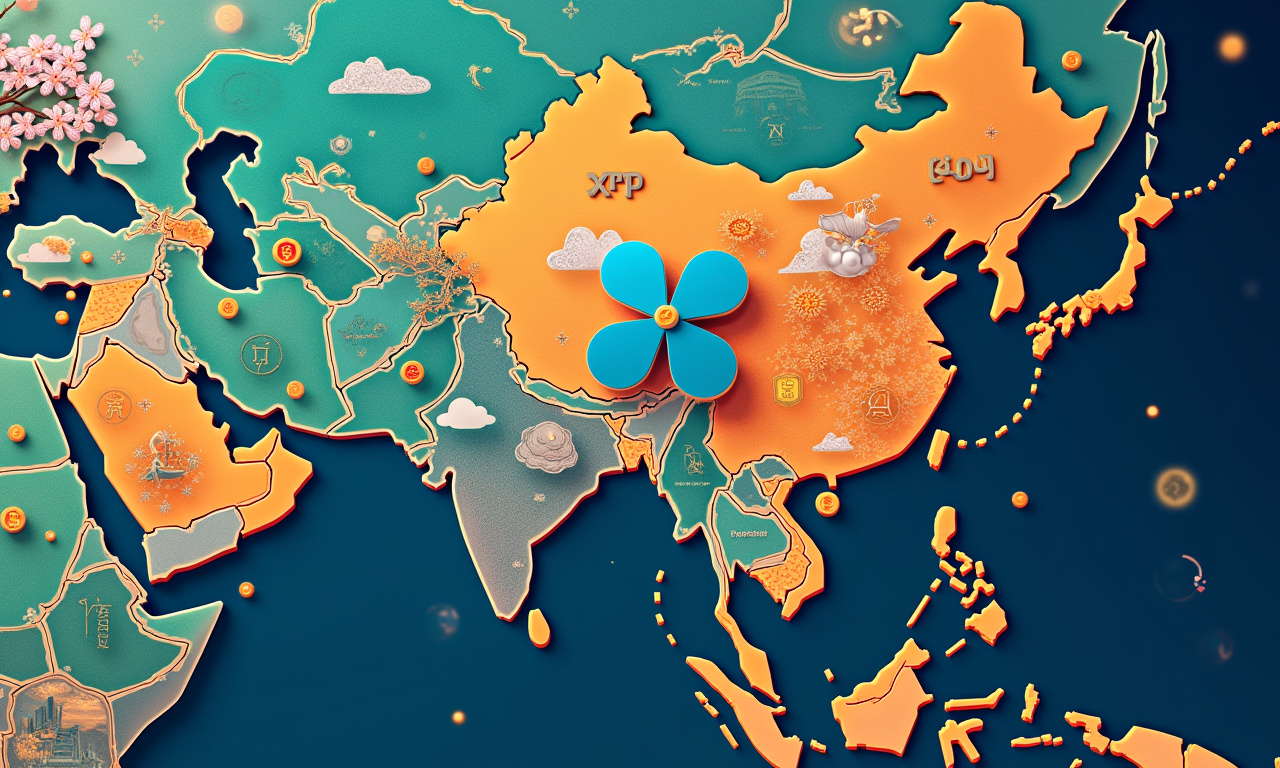
FO Music Fest: Is Web3's Future Filipino Community-Driven?

Josefa dela Cruz
Web3. It’s a concept, a dream, a pipeline-to-fortune buzzword. Who is this revolution for? Is it yet another playground for the Silicon Valley elite, or can it truly be a tool to empower communities frequently marginalized and neglected? The recent FO Music Festival in Hong Kong is a testament to Web3’s capacity to create meaningful change. It serves a vital role for the Filipino community, both in the Philippines and globally.
Forgotten Voices Finally Amplified?
Imagine the massive pool of talents brewing within the Philippines! Those women singers enchant us with those soulful sweet sounds. The visual artists exploded on the landscape with saturated color, and the writers painted grand narratives that swell across time. The problem is, these traditional gatekeepers – record labels, galleries, publishing houses – usually decide who gets heard. Web3, thanks to its inherently decentralized nature, presents a perfect circumvention.
Platforms like FO, if they actually live up to their claims, have the potential to be a jumping-off point for Filipino creatives. Welcome to a future where artists are inspiringly closer to their fans. They can release their music as NFTs and earn a lot more from directly selling it! Visual artists have the opportunity to promote their work in virtual objects, or galleries and exhibit spaces, to collectors around the globe. Creators are able to create a community based on their stories that support them directly by their readers through small transactions.
It's not just about money, though. It's about control. It’s about artists being in control of their content, developing their brands, and engaging with their fans how they wish to – on their terms. This is what Web3 should be about: democratizing access to opportunity, not just creating new ways for the wealthy to accumulate more wealth. The FoAngel Catwalk Show foreshadows the future of fashion intersecting with digital identity. The real test will be ensuring that everyone is able to participate—not just the select few who can afford it.
Remittances, FoPay, Financial Freedom Now?
The Philippines is undoubtedly a remittance economy. Every day, millions of Filipinos work non-stop overseas, remitting half their wages back home to support their families. However, these remittances usually come at a steep cost due to the high fees of remittance corridors that are dominated by legacy money transfer providers. This is where FoPay, one of FO.COM’s principal products, really starts to create a concrete impact.
Imagine a remittance system where every Filipino can send money home in real time, safe and secure. It drastically reduces fees by utilizing the unique capabilities of blockchain technology. This isn't just about saving a few dollars here and there; it's about empowering families to build a more secure financial future. It's about ensuring that the hard-earned money of overseas Filipino workers (OFWs) goes directly to those who need it most.
Let's be realistic. Web3 is still an industry full of scams and volatility. The dream of financial freedom can become a nightmare almost overnight if users are not adequately educated and protected. It is therefore imperative that companies like FO.COM take user safety seriously and put strong security protections in place to deter fraud and abuse. Accessibility is key. The technology has to be simple, easy to use, and low cost—accessible even for folks with low or no digital literacy.
Web3: A Filipino Bayanihan Spirit?
Bayanihan is an essential Filipino principle – the spirit of communal togetherness and collaboration. Can Web3 embody this spirit? Can it be used as a means of creating healthier, more sustainable, more disaster-resilient Filipino communities?
The communal, co-creative, inclusive vibes of the FO Music Festival, focused on community collaborators and building deep immersive connections, tell us that it can. The litmus test will be how the technology is wielded to promote authentic dialogue and inform grassroots efforts.
Imagine the kinds of things Web3 could do to bolster your local small businesses back home in the Philippines. What if farmers could sell their produce directly to consumers through a decentralized marketplace, eliminating middlemen and boosting their profits. Or makers selling their wares directly to a worldwide market, cutting out the middleman of retailers and establishing their own brands.
| Feature | Traditional System | Web3/FO Ecosystem Potential |
|---|---|---|
| Financial Access | Limited, High Fees, Slow Transfers | Increased Access, Lower Fees, Instant Transfers |
| Creative Control | Gatekeepers, Limited Exposure | Direct Fan Engagement, Global Platform |
| Community Building | Geographic Limitations | Global Community, Shared Ownership |
This vision requires more than just technology. It requires a shift in mindset. We need to approach Web3 as an opportunity to collectively build a more just and regenerative future. Far from it—this isn’t a get-rich-quick scheme. In order to #RiseAsOne we need to realize once again the bayanihan spirit. Together, we can build a Web3 that works for all, not just those at the top.
The “With FO · Web3 Music Festival” might be over, but the dialogue is only starting. We need to work together now if we want to truly live up to the potential of Web3. Let’s work together to keep it a force for good in the Filipino community and beyond! Join the discussion. Get involved. Shape the future.
The "With FO · Web3 Music Festival" may have concluded, but the conversation has just begun. It's up to us to ensure that Web3 lives up to its potential and becomes a force for good in the Filipino community and beyond. Join the discussion. Get involved. Shape the future.


